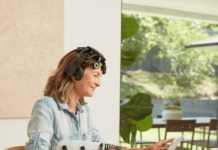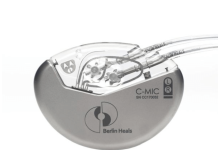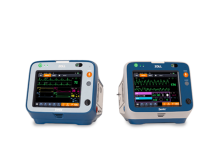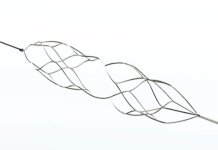Iceland-based Kerecis is widening its net to treat acute and chronic wounds, with the launch of a new fish-skin graft product with silicone backing.
Kerecis has made a name for itself in the wound treatment space with its fish-skin products. The company has harnessed the skin of the North Atlantic cod due to its beneficial properties for tissue transplants.
Related: FDA green lights StimLabs umbilical cord-derived wound graft
Most tissue-transplant products that are currently in use are human or porcine tissue. According to Kerecis, the risk of a disease being passed on means heavy processing, which removes much of the components that make it beneficial for growth, is needed. A better option, according to the company, is fish skin as it has no known viral transfer risk to humans.
Kerecis says its patented technology only requires mild processing and offers improved economics and clinical performance.
Kerecis’ latest product – called Shield Standard – adds to the Shield range used to treat conditions such as serious ulcers and surgical wounds. Shield Standard has a borderless contact layer protecting the fish skin, unlike its sister Shield product, which is an adhesive. Silicon is used in wound products to maintain a moist wound-healing environment.
Kerecis CEO and founder Frertram Sigurjonsson said: “The positive feedback we have received from healthcare professionals for the silicone fish-skin combination products has encouraged us to expand the product range.”
Kerecis made headlines last year when it was acquired by Coloplast in a $1.3bn deal. At the time, the Danish medical device giant stated that Kerecis has been one of the fastest-growing companies in the biologics wound care segment since it launched its first product in 2016. In the 2022/2023 financial year results, Coloplast said that Kerecis had pro-rata revenue of DKr772m ($111m) with revenue growth of around 50%. Kerecis still operates as a standalone business.
According to a report by GobalData, the wound care management market is expected to total $38.8bn by 2030, with a CAGR of 3.4%. The tissue-engineered skin substitutes market is forecast to reach almost $3bn by 2033.




